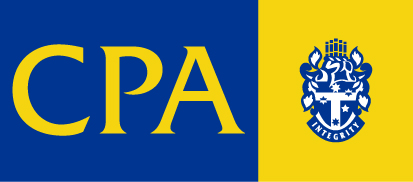Liberal National Party’s (LNP) Superannuation and Tax Policies
The federal election has been called for May 18 and both major parties have outlined their superannuation and tax policies. With the federal election only weeks away many of our clients have been asking what the major political parties’ policies are that may impact their SMSF, individual taxation circumstances or personal investments. Here’s what the Liberal National Party (LNP) proposes.
If you would like more information on a particular policy announcement, please do not hesitate to contact our office to set up a time to discuss any requirements you may have.
Liberal-National Coalition
Superannuation
- Australians aged 65 and 66 will be able to make voluntary superannuation contributions without needing to work a minimum amount. Previously, this was only available to individuals below 65.
- Extending access to the bring-forward arrangements (the ability to make three years of post-tax contributions in a single year) to individuals aged 65 and 66.
- Increasing the age limit for individuals to receive spouse contributions from 69 to 74.
- Reducing red-tape for how SMSFs claim tax deductions for earnings on assets supporting superannuation pensions.
- Delaying the implementation of SuperStream (electronic rollovers for SMSFs and superannuation funds) until March 2021 to allow for greater usability.
Taxation
- From 2018-19 taxpayers earning between $48,000 and $90,000 will receive $1,080 as a low and middle-income tax offset. Individuals earning below $37,000 will receive a base amount of $255 with the offset increasing at a rate of 7.5 cents per dollar for those earning $37,000-$48,000 to a maximum offset of $1,080.
- Stage 1 tax cuts: From July 1 2018, increasing the top threshold of the 32.5 per cent tax bracket from $87,000 to $90,000.
- Stage 2 tax cuts: From 1 July 2022, increasing the top threshold of the 19 per cent personal income tax bracket from $41,000, to $45,000.
- Stage 3 tax cuts: From 1 July 2024, reducing the 32.5 per cent marginal tax rate to 30 per cent which applies from $120,000 to $200,000. The 37 per cent tax bracket will be abolished.
How can we help?
If you have any questions or would like further clarification in regards to how the above policies may affect you, please feel free to give us a call to arrange a time to meet so that we can discuss your particular requirements in more detail.





